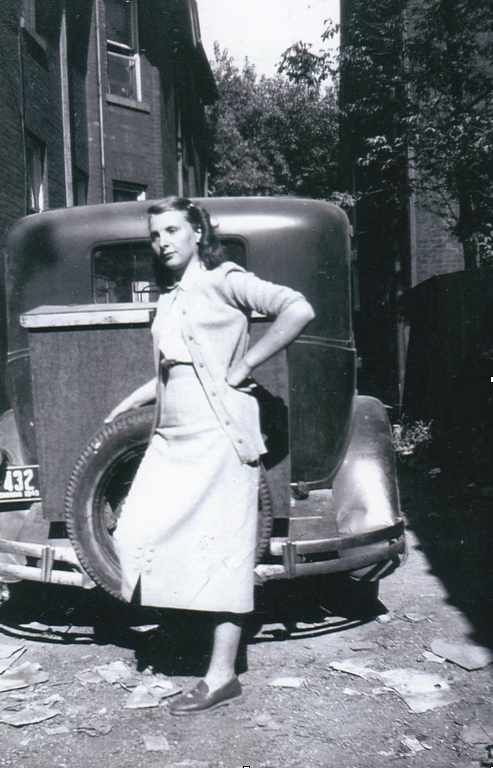The Dome Chronicles: Love On The Rails
By Garry Leeson
In 1972, a boxcar from Toronto containing a menagerie of farm animals and an eager young couple pulled into the station platform in Kingston, Nova Scotia. They were bound for a deserted hundred-acre farm on the South Mountain, determined to preserve the foundations of farmsteads past while constructing a geodesic dome. They were pioneers of the future, armed with respect for tradition and an irrepressible sense of humour. They didn’t call themselves farmers. They were back-to-the-landers. Farming was industry and their calling was sustainability. Over the next forty years, through flood and fire, triumph and catastrophe, they persevered, unwittingly sowing the seeds for the modern small-farm movement.
It’s so easy these days. If you want to meet a sweetie you just log into one of the many dating services. The days of prolonged periods of worshiping from afar and waiting with bated breath by the mailbox for a reply are a thing of the past. It must have been an eternity before “How shall I love thee? Let me count the ways,” was delivered and would take effect. Painstakingly slow.
My sisters Janice and Noreane were teenagers in the 1950s. At the time our family was living/marooned in a small prairie town called Unity in Saskatchewan. It was a boring place for young people to live in – particularly so because there was a serious dearth of boys their age. Maybe there was something in the water. I was the only boy in a family of seven and many other families in town had the same troubling imbalance.
But, as they say, life will find a way, and my sisters, who are older than me, recently told me how they coped with the situation. I didn’t know whether to laugh or cry when they described how they maintained several long distance relationships with boys from other towns. It was an area of rough gravel roads where the only practical way of travelling or getting things in or out was by train. Unity was located on a busy line, and freight trains, when they didn’t stop for water or coal or to load cattle, were flying by at all hours. There was a distinctive series of whistles when a train was going to lay by for a while and that was the signal for my sisters and other competitive girls to drop what they were doing and run for the station. Armed with chalk they would compete for any unused space on the sides of the boxcars and scribble love notes to their boyfriends further down the line. It was a race around the freight trains, sometimes a mile long, to find the right car that displayed the replies they had been hoping for.
